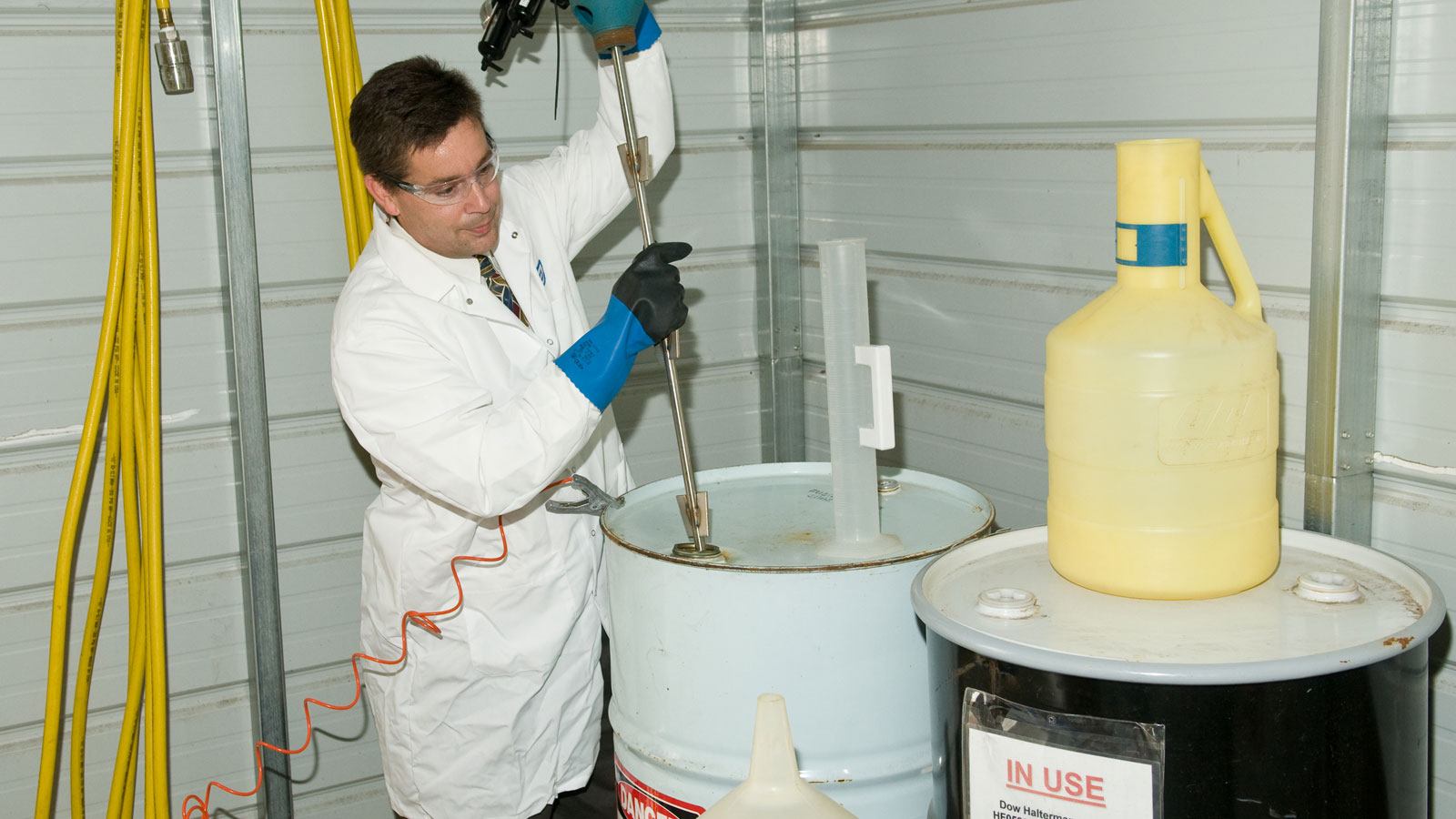An Ethiopian mustard plant called carinata has been attracting attention, not for its culinary use, but because its seeds can be used to create a more climate-friendly jet fuel.
“It has high oil content, high lipid content,” says Farhad Masum of Argonne National Laboratory. “You can refine that oil in a bio-refinery to make sustainable aviation fuel, which can replace conventional aviation fuel.”
Masum says carinata fuel is a particularly promising biofuel — partly because of where and when carinata can be grown.
“Carinata is a winter crop,” he says. “You can plant it in the Florida Panhandle or in south Georgia around November.”
So it does not compete for space with other major crops in the region, such as peanuts and cotton.
And he says growing carinata as a cover crop in the off-season can help prevent soil erosion and run-off.
Carinata fuel has already been tested in commercial flights. And though it’s currently more expensive than conventional fuel, Masum says that with policies and investment to scale up production, it could become cost-competitive.
So it could be one way to reduce the climate impact of flying.
Also see: A brief introduction to climate change and transportation
Reporting credit: Sarah Kennedy/ChavoBart Digital Media


